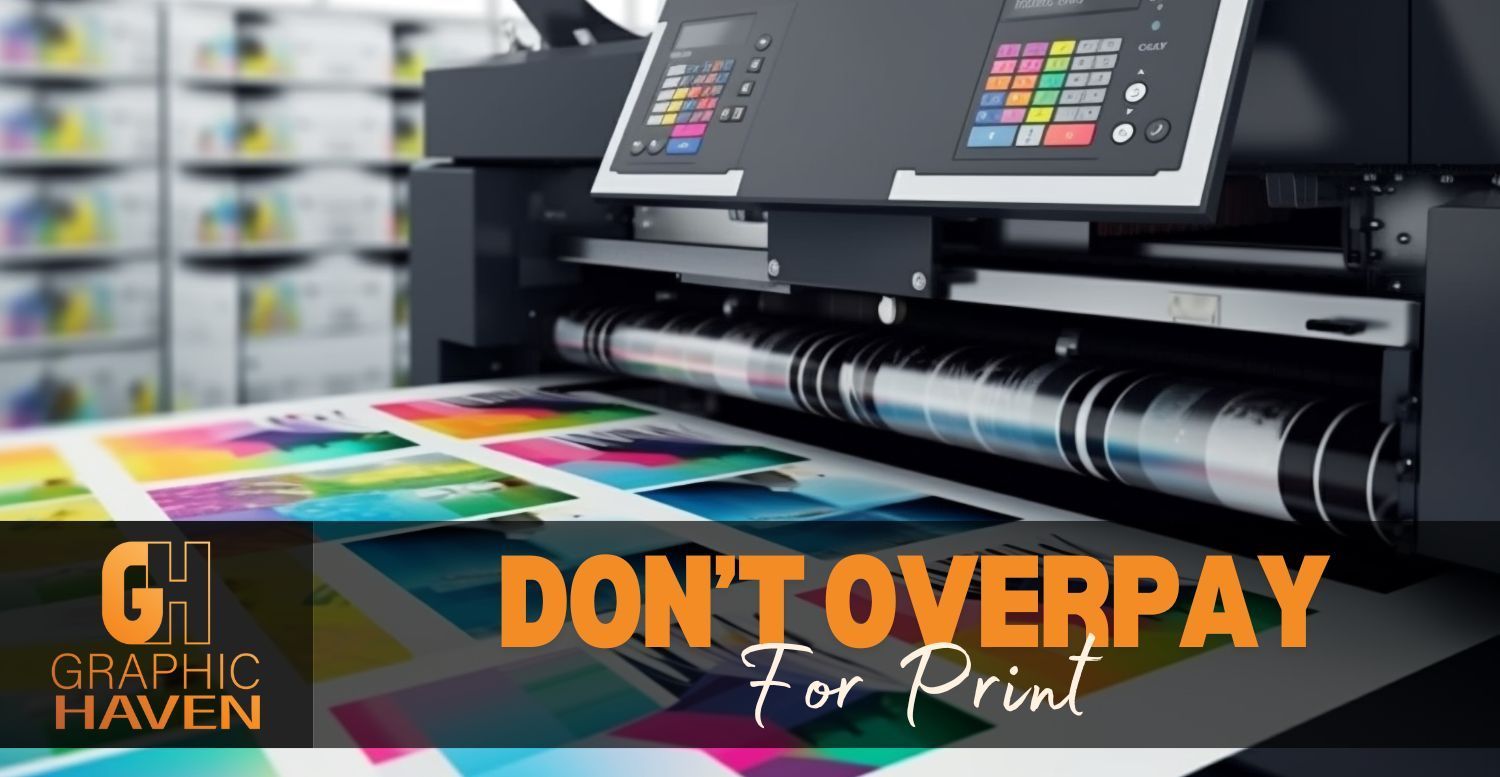Ethical Marketing in the Age of Technology
SHARE WITH YOUR FRIENDS:
We live in a time where technology continues to advance at an unprecedented pace, marketers find themselves endowed with an abundance of tools and techniques to reach their target audience. However, this increased access to customer data, buying habits and other private information raises some ethical concerns. Maintaining marketing practices that do not abuse this information is crucial not only for building trust with customers, but also for upholding moral standards in an ever-evolving technological landscape.
Understanding Ethical Marketing
Ethical marketing revolves around principles of honesty, transparency, and respect for consumer rights. It involves promoting products and services in a manner that aligns with moral values and does not compromise the well-being or privacy of individuals.
While this may seem like a matter of opinion on what crosses the line in advertising, it is always important to check in from the consumer's point of view on what they feel is crossing a line.
The Role of Technology in Marketing
Technological advancements have revolutionized marketing, enabling marketers to gather vast amounts of data about consumers. From social media analytics to website cookies, every digital interaction leaves a trail of information that can be leveraged for targeted advertising and personalized marketing campaigns.
Consumers can also be targeted based on physical proximity in a practice called "geofencing." It involves creating a virtual boundary around a physical location, such as a store, event venue, or neighborhood, using GPS, RFID, Wi-Fi, or cellular data. Push notifications can be sent to their phone once they come close to a point of sale or digital billboards could change their display to something most appealing when a certain customer type is near.
Ethical Challenges in Marketing Technology
- Prioritize Consent: Obtain explicit consent from consumers before collecting and using their data for marketing purposes. Offer clear opt-in/opt-out options and respect user preferences regarding data sharing.
- Transparency and Honesty: Be transparent about advertising practices, including sponsored content and data usage. Avoid deceptive tactics or manipulative strategies that exploit consumer vulnerabilities.
- Data Security: Implement robust security measures to safeguard consumer data from unauthorized access or breaches. Prioritize data encryption, regular audits, and compliance with data protection regulations such as GDPR and CCPA.
- Diversity and Inclusion: Ensure marketing campaigns are inclusive and representative of diverse demographics. Mitigate algorithmic biases by regularly auditing algorithms and incorporating diverse perspectives in decision-making processes.
- Educate Consumers: Empower consumers with knowledge about their data rights and privacy protections. Provide accessible privacy policies and educational resources to help consumers make informed decisions about their data.

As technology continues to advance, ethical marketing practices become increasingly vital in preserving consumer trust. Advertising doesn't have to feel like a moral dilemma as long as you check in often with you and your customer's preferred method of contact. Ultimately, ethical marketing fosters trust and loyalty to your brand which is far more valuable than a extra clicks and likes from a new audience.
At Graphic Haven, we believe in marketing and advertising in a way that maintains your company's integrity with your consumers. If you need help with creating a marketing strategy that navigates all of these nuisances, please reach out and let's talk about it!
SHARE WITH YOUR FRIENDS:







